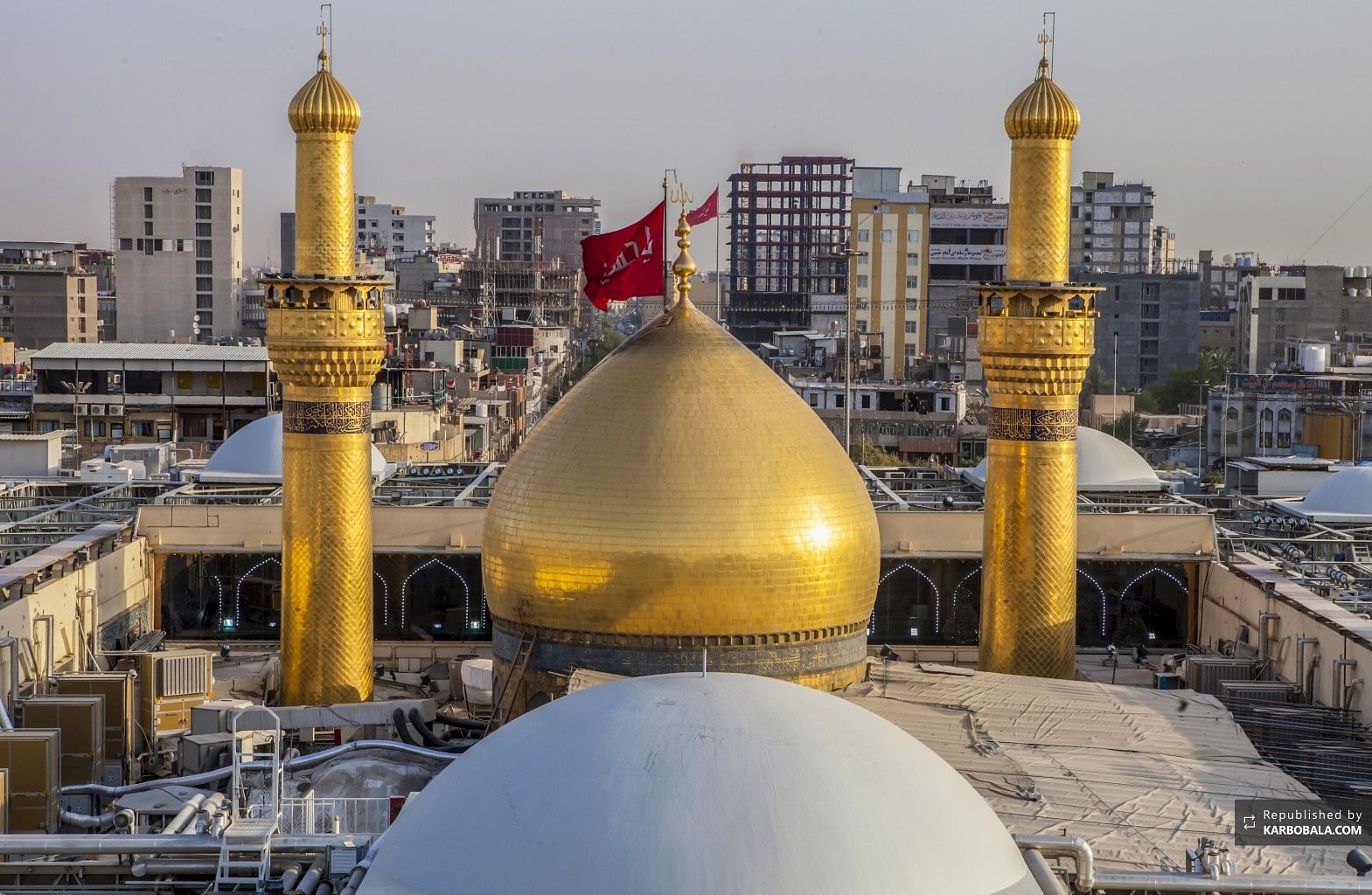Call Anytime

31
July 2023
Karbala: A Center of Pilgrimage and Unity for Muslims Worldwide
The holy city of Karbala stands as a beacon of devotion, history, and unity for Muslims across the globe. Known for its deep spiritual significance, Karbala is the site where the Battle of Karbala took place in 680 CE, a momentous event in Islamic history that shaped the faith and identity of millions. The city is home to the sacred shrines of Imam Hussain (Alayhis Salaam), the grandson of Prophet Muhammad (Peace Be Upon Him), and his loyal companions who embraced martyrdom for the cause of truth and justice. Visiting Karbala is a profoundly moving experience that allows pilgrims to connect with their faith, draw inspiration from the sacrifices of Imam Hussain (Alayhis Salaam), and reflect on the principles of justice and steadfastness.
Understanding the Spiritual Significance of Karbala
Karbala is not just a geographical location but a symbol of resistance, sacrifice, and devotion. The city’s centerpiece is the shrine of Imam Hussain (Alayhis Salaam), where millions of pilgrims gather each year, particularly during Arbaeen and Ashura, to commemorate the martyrdom of the Imam and his companions. The rituals observed in Karbala offer a unique spiritual experience, allowing pilgrims to deepen their connection with Allah and the teachings of Islam.
The city also holds the shrine of Hazrat Abbas (Alayhis Salaam), Imam Hussain’s (Alayhis Salaam) half-brother and flagbearer, who epitomizes loyalty and courage. Visiting these shrines is more than a religious act; it is a reaffirmation of the values that define Islam: standing for truth, defending justice, and fostering compassion.
Planning Your Pilgrimage to Karbala
A trip to Karbala requires thoughtful preparation to ensure a spiritually enriching experience. Pilgrims should consider factors such as travel arrangements, accommodations, and the best time to visit. For first-time visitors, it’s helpful to travel with experienced tour operators who can guide you through the rituals, historical landmarks, and cultural nuances of the city.
If you plan to visit during Arbaeen, which marks the end of the 40-day mourning period after Ashura, be prepared for one of the world’s largest gatherings of people. Walking from Najaf to Karbala, a tradition followed by millions, is a unique aspect of the pilgrimage and a testament to the unity and devotion of Muslims worldwide.

